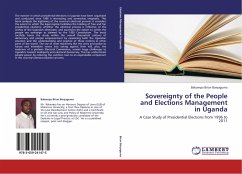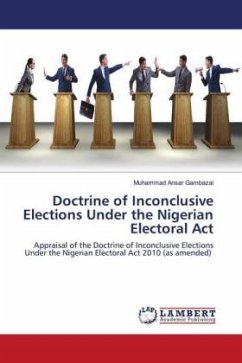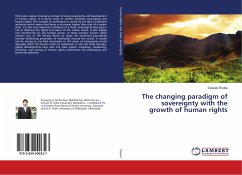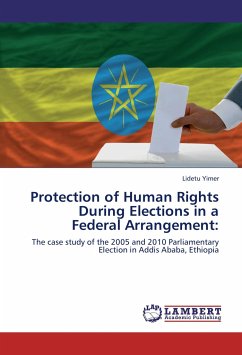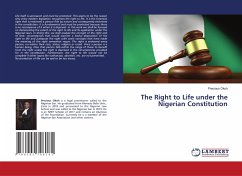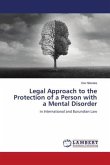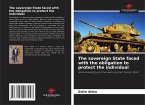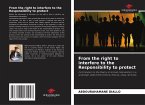The manner in which presidential elections in Uganda have been organized and conducted since 1996 is interesting and somewhat enigmatic. This book analyzes the legitimacy of the country's electoral process. It considers the extent to which the legal regime facilitates the holding of free and fair presidential elections; whether the electoral process is reflective of the wishes of the Ugandan electorate; and ascertains the extent to which the people are sovereign as claimed by the 1995 Constitution. The book tactfully traces the study within the overall theoretical notions of democracy and people empowerment by examining both the Ugandan situation and the understanding and practice of these notions in other parts of the world. The use of state machinery like the army and police to harass and intimidate voters into voting against their will, plus, the existence of a partisan Electoral Commission, remain huge challenges to Uganda's nascent multiparty and electoral democracy. This has undermined people power by reducing the common man to an expendable component in the country's democratization process.
Bitte wählen Sie Ihr Anliegen aus.
Rechnungen
Retourenschein anfordern
Bestellstatus
Storno

